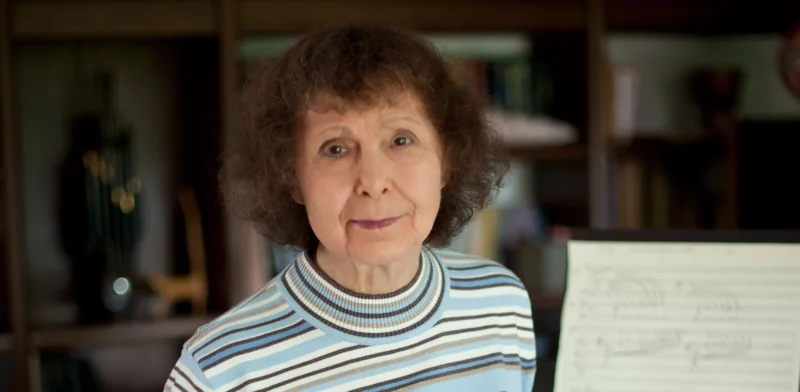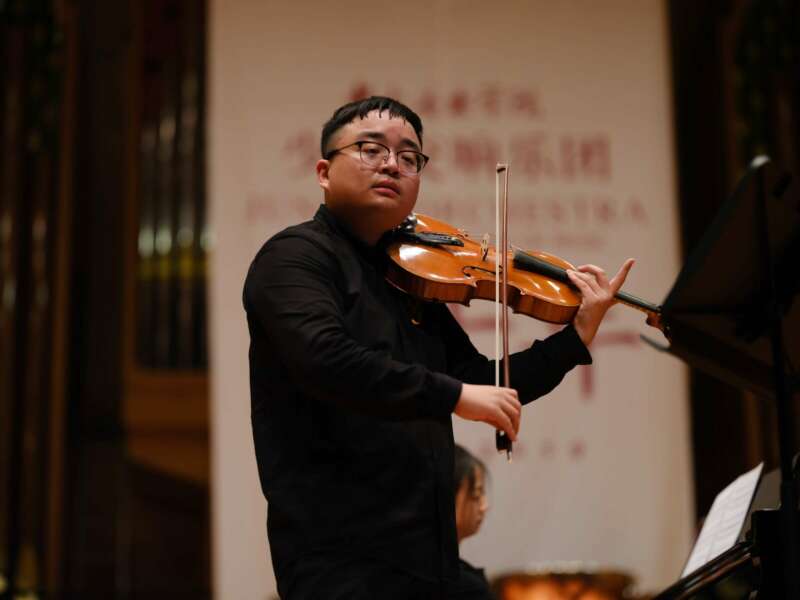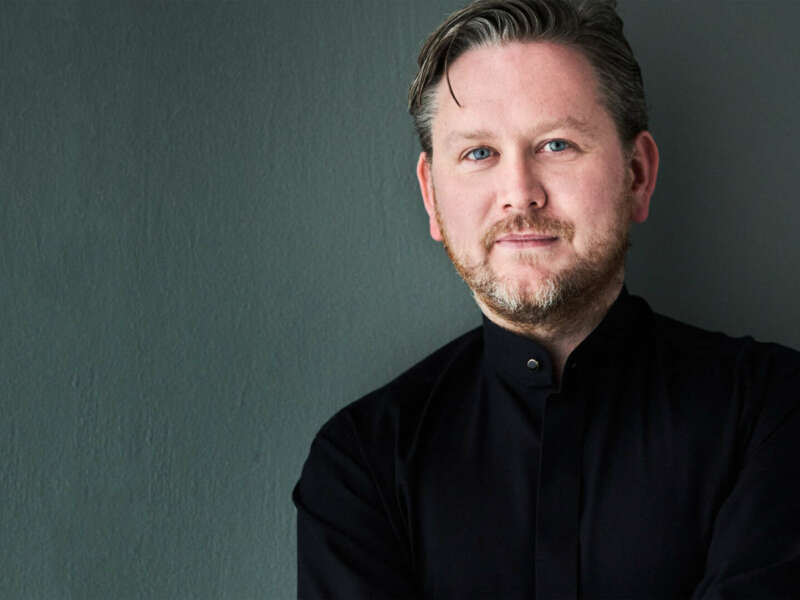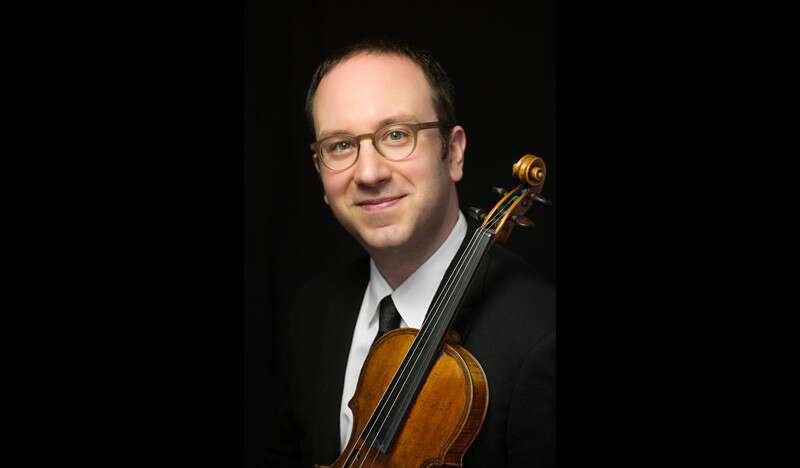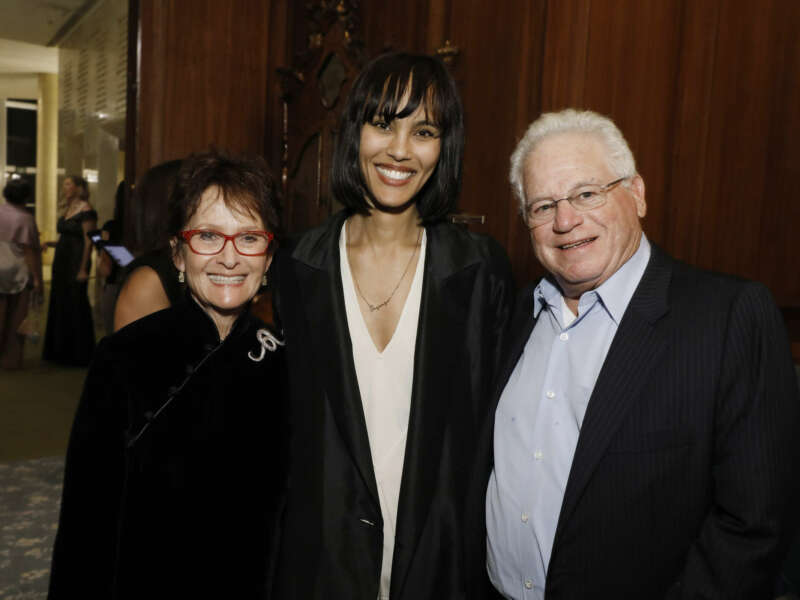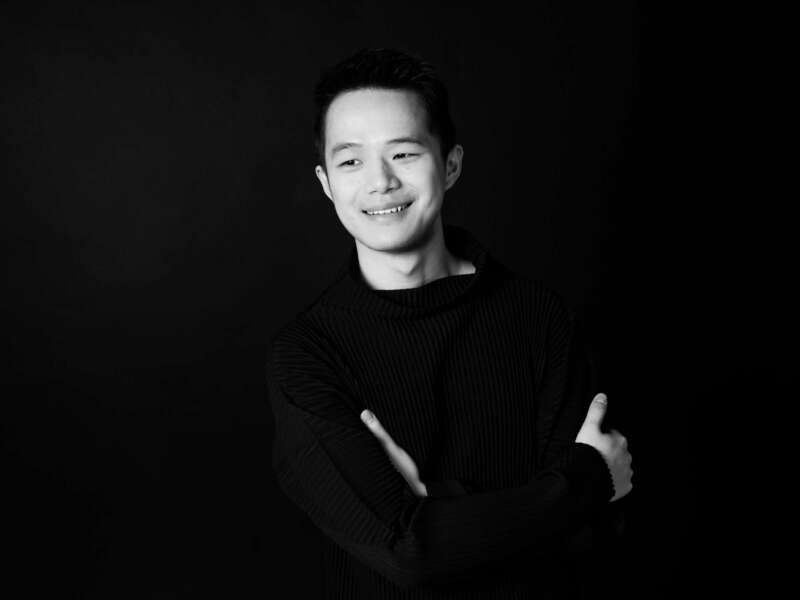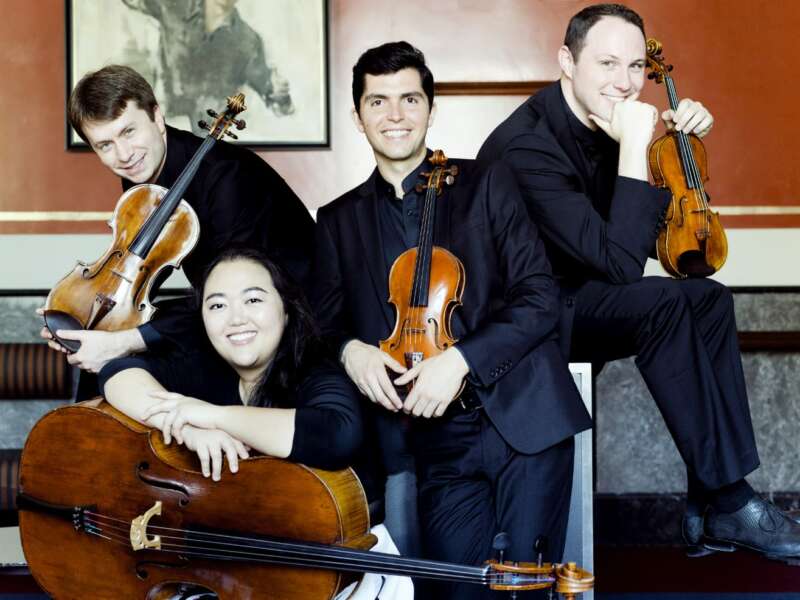Composer Sofia Gubaidulina's Life and Career
The 90-year-old Soviet Russian composer has written some of the most pivotal pieces of the 20th century and is performed widely to this day
Born in 1931 in the Tatar region of Russia under the Soviet Socialist Republic, Sofia Gubaidulina began learning music at the age of five and wrote her first composition eight years later.
She commenced piano and composition studies in Kazan, Russia, before continuing at the Moscow Conservatory in her early 20s studying with Vissarion Shebalin. Her skill was recognized by Dimitri Shostakovich, whose support in the late 1950s was a significant moment in her life.
According to Deutsche Grammophon, when the head of Moscow Conservatory’s examination panel stated that Gubaidulina’s writing of a symphony was “on the wrong path,” Shostakovich stepped in to advise differently. “My wish for you is that you should continue on your own incorrect path,” he told her.
“I am grateful the whole of my life for those wonderful words,” she told the Guardian. “They fortified me and were exactly what a young composer needed to hear from an older one. It gave me the courage to follow my own path.”
She later settled in Moscow’s musical scene but was not fully embraced by the Soviet Union’s conservative music organization. She had developed a personal and unique quality in her concert works which expressed her Christian faith. This was often confronted by the artistic mandates of the Soviet Union.
Making a living during this time composing film scores, she was also exploring non-Western percussion instruments. “I give a lot of importance to percussion instruments,” she told the NY times. “They contain the essence of existence.”
She faced many issues with the Soviet authorities due to her meeting with dissidents and attending unauthorized western music festivals.
In 1979, she was blacklisted at the Sixth Congress of the Composers of the Union of Soviet Socialist Republics and denounced with six other composers for producing “noisy mud instead of real musical innovation,” according to the Guardian. The condemned group became known as Khrennikov’s Seven.
While most of them went into exile, Gubaidulina stayed. “Being blacklisted and so unperformed gave me artistic freedom, even if I couldn't earn much money,” she said. “I could write what I wanted without compromise.”
In the 1980s, she turned heads in the West with “Offertorium,” her first violin concerto written for Latvian violinist Gidon Kremer. With its influence from Webern and Bach, the work rooted Gubaidulina’s global regard as a spiritualist writer.
“Offertorium” was premiered by Kremer in 1981 in Vienna. Gubaidulina could not attend as she was denied an exit permit by the Soviet government at the time.
In 1996, she composed her viola concerto, dedicated to violist Yuri Bashmat, and in 2007, wrote her second violin concerto “In Tempus Praesens,” for violinist Anne-Sophie Mutter.
At age 87 and inspired by the philosopher Martin Buber’s 1923 book I and Thou, Gubaidulina wrote her third violin concerto in 2018, titled “Dialogue: I and You,” dedicating it to violinist Vadim Repin. This piece performed by Baiba Skride in 2021 can be watched below.
“The dialogue can be understood in many ways,” Repin told music journalist Bodil Maroni Jensen. “It is a dialogue between the musicians on stage, and it is a prayer, a dialogue with God. It can also be a dialogue with our inner self. In my opinion, it is a rich presentation of thoughts and feelings.”
Among her many pieces include her orchestral works, Fairytale Poem, Figures of Time, Pro et Contra, and more recently, The Light of the End and The Wrath of God.
In addition to writing a tome of concertos, solo, and vocal works, she penned four string quartets, with the fourth dedicated to the Kronos Quartet in 1993. A performance of it by the Azuri Quartet in 2018 can be watched below.
Since the Soviet Union dissolved, Gubaidulina has resided in a small village outside Hamburg, Germany, where she finds it peaceful to compose music. Her pieces are published and represented by the UK’s Boosey & Hawkes, the British Commonwealth, and the Republic of Ireland.
april 2024
may 2024


